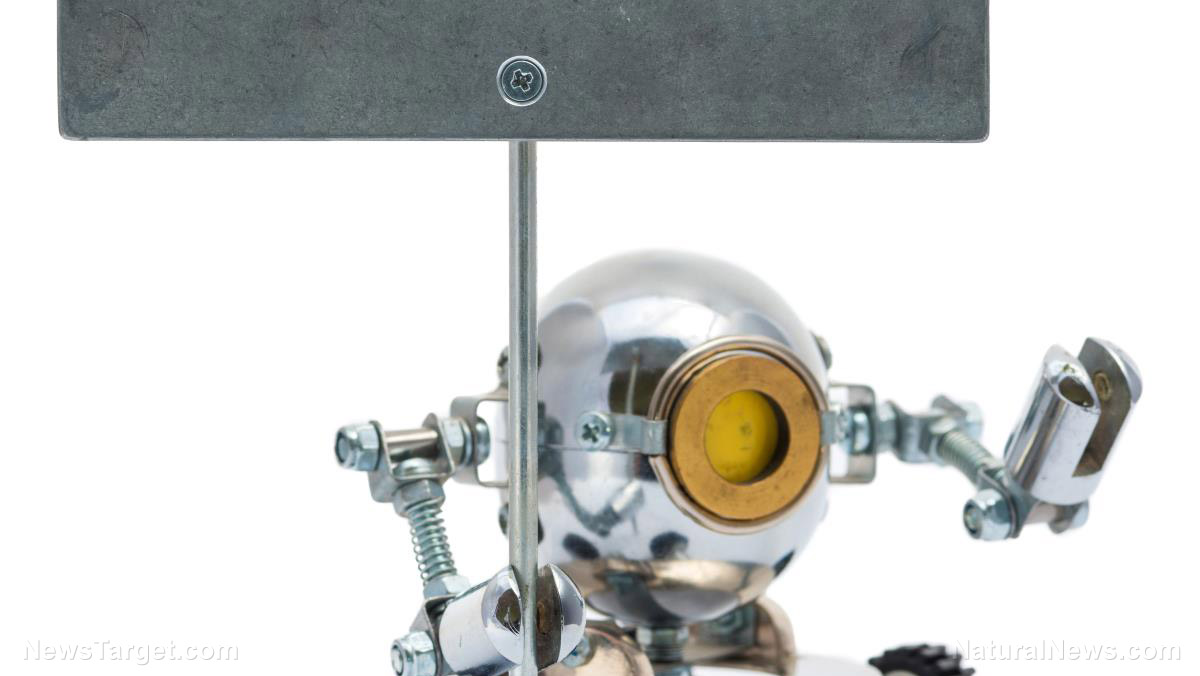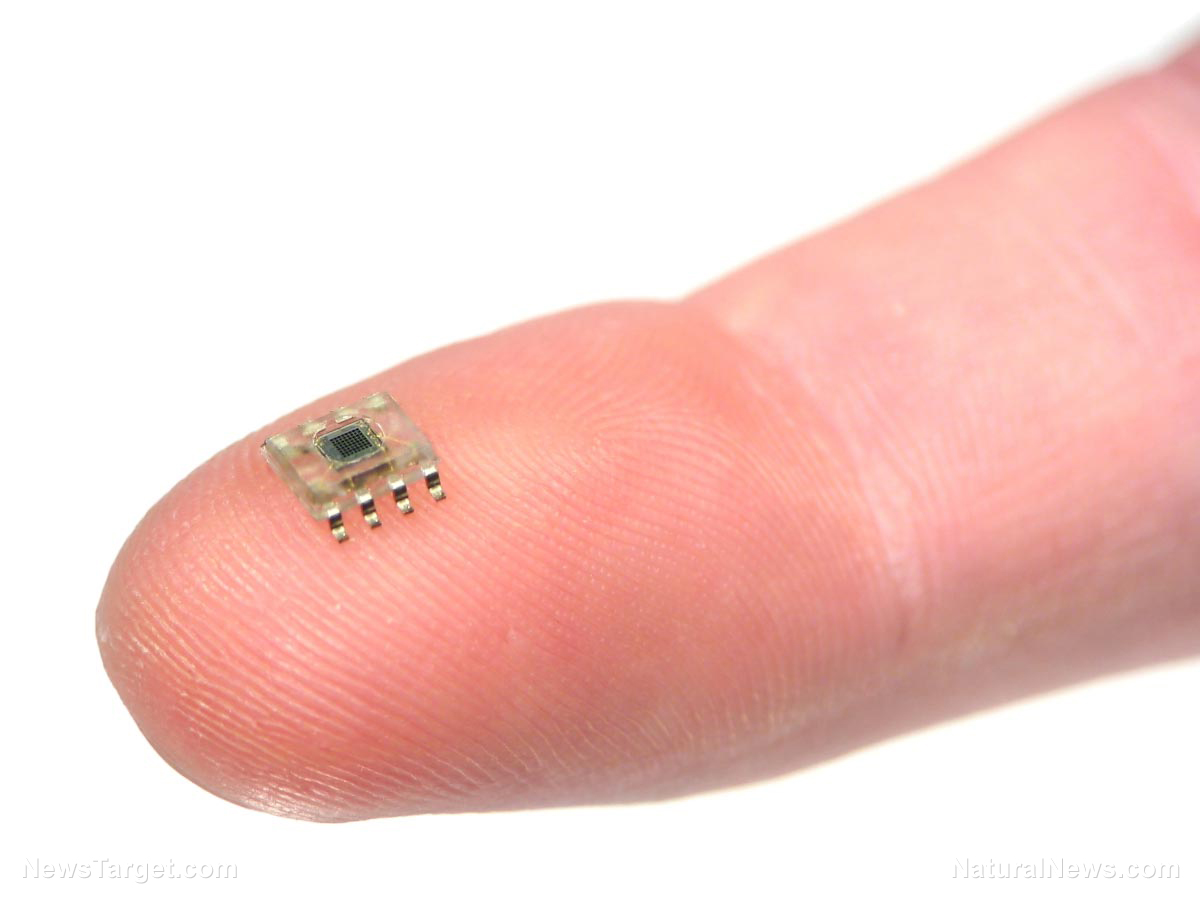Amazon just launched a new robot that roams around your home, SPYING on you and uploading audio and video to company servers
10/15/2021 / By JD Heyes

Most internet users aren’t aware of this, but practically everywhere they go online they are taken to destination sites that use Amazon Web Services (AWS).
While most people focus on the awesome, and outsized, economic power of the multibillion dollar e-tailer, Amazon’s influence is largely unknown; after all, the vast majority of internet users don’t care who is hosting a website’s domain or what interconnectivity path they take to get to their online destination.
In addition, AWS provides an incredible amount of cloud computing services as well; the company’s storage capacity and computing power is almost immeasurable. Consider that, for a time, the Pentagon was considering Amazon Web Services, as well as Microsoft, to host its JEDI cloud project. (Update: Both companies will likely make out.) So the point is, Amazon, besides being the world’s most dominant e-tailer, is also one of the world’s most dominant internet cloud players.
Which brings us to why that is a problem for Mr. and Mrs. Ordinary Citizen.
In addition to being all of this, Amazon also markets ‘home convenience’ products that present major problems for personal privacy, but which the company gets away with because its products are bought and brought into homes voluntarily (who cares if you didn’t know that your data was being collected — for ‘marketing purposes’?).
CNBC reports on a new ‘home robot’ the tech and e-tail giant is now marketing:
Amazon announced a home robot called Astro.
Astro is equipped with a rotating screen that’s mounted onto a base with wheels. Amazon designed the robot to appear animated and friendly, with eyes and expressive body movements that respond to user interaction.
The robot can move on its own from room to room and is capable of navigating around objects on the floor or braking to avoid colliding with obstacles such as a pet that moves into its path. A periscope camera attached to the base of the device can be raised or lowered to view objects that are high up.
“I’ve had this robot in my home for about a year, and it does wonderful things,” says Amazon Senior Vice President David Limp.
Okay, cool, right? Not so fast.
“Astro is equipped with Amazon’s Alexa voice assistant. It can set and deliver reminders, serve up entertainment such as TV shows or podcasts and control smart home devices, among other tasks. The robot also responds to commands; so if users say, ‘Astro, beatbox,’ the robot will make musical noises,” CNBC reported.
Astro’s ‘voice commands’ mean that the robot is always listening (otherwise how can it respond?). That’s a problem because the device is also WiFi-enabled (which is how it can call up information, songs, entertainment you ‘request’ with a voice command).
We already know from the testimony of industry insiders and experts that these companies like Amazon and Google are information sponges; they absorb every ounce of data on every person possible in order to market to us. That requires constant input of data and storage of that data for later recall, which is a gigantic privacy invasion Congress should have dealt with years ago. Or the Justice Department.
And speaking of Congress and the Justice Department, in exchange for the government being able to access that vast amount of personal data on a whim, Amazon and other big tech companies ‘provide’ the access in exchange for being left alone by pesky government regulators. This is the ultimate “1984” scenario about which author George Orwell prophesied in his dystopian classic novel.
Around the time Donald Trump was about to become president, Amazon introduced another ‘home convenience device’ that is always listening: Amazon Echo. And we warned then, as well, that getting one was a huge voluntary risk of your privacy.
Sources include:
Tagged Under: Amazon, Amazon Echo, Astro, AWS, Congress, Constitution, cyber war, Fourth Amendment, Glitch, Justice Department, listening device, marketing, Orwellian, privacy, privacy invasion, robot, robotics, robots, surveillance
RECENT NEWS & ARTICLES
COPYRIGHT © 2017 INFORMATIONTECHNOLOGY.NEWS




















